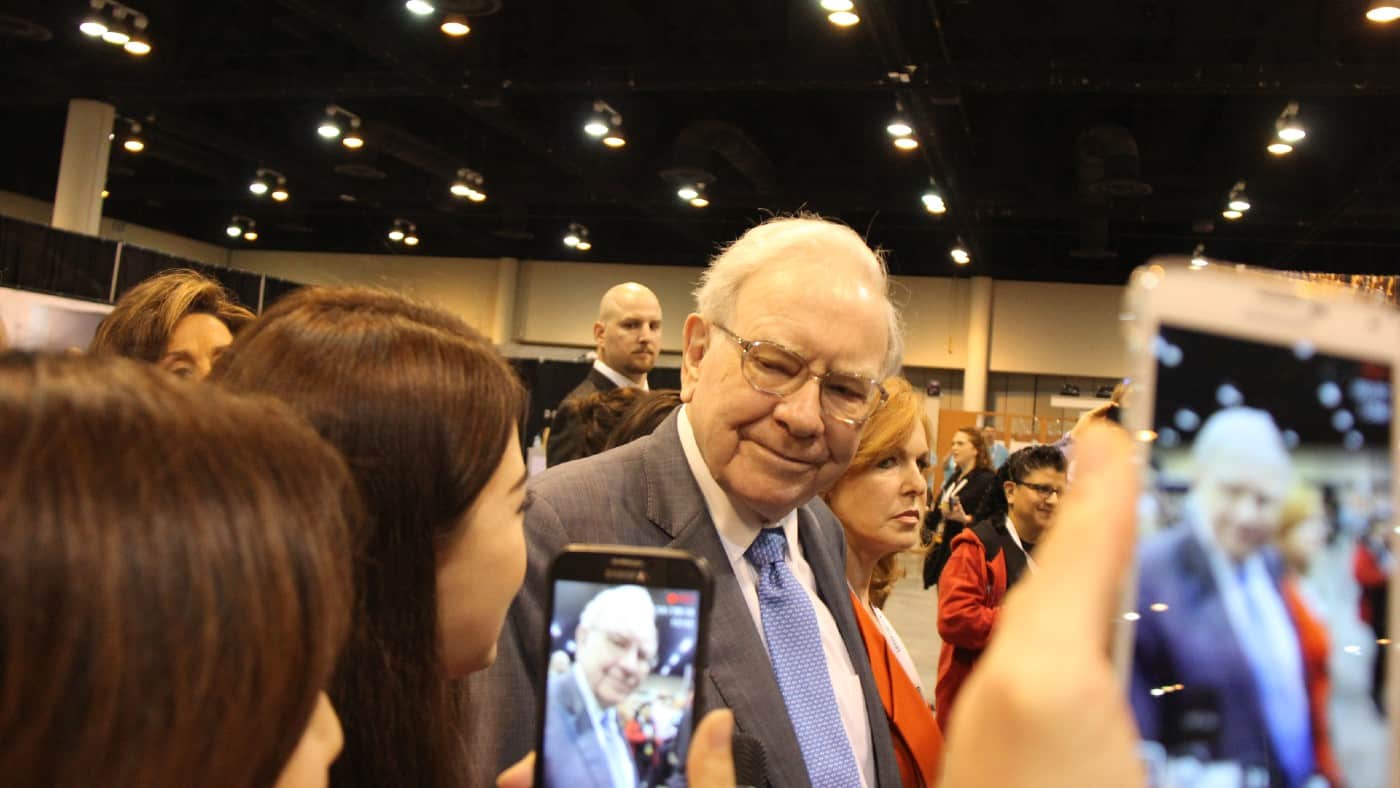Like many others, I consider Warren Buffett to be the best investor of all time. I also appreciate the famous billionaire’s ability to untangle complex investment ideas to create simple, memorable advice.
Possibly most interesting is the advice he left to the trustees of his wife’s estate. In 2013 in his letters to shareholders he wrote that he’s advising the trustees to invest 90% of the assets “in a very low-cost S&P 500 index fund”.
This advocacy for S&P 500 index funds is something that the Sage of Omagh is known for and it got me thinking. I decided to follow the route he’s advising that he thinks will protect one of the most important people in his life.
Should you invest £1,000 in Vanguard Funds Public Limited Company - Vanguard S&p 500 Ucits Etf right now?
When investing expert Mark Rogers has a stock tip, it can pay to listen. After all, the flagship Motley Fool Share Advisor newsletter he has run for nearly a decade has provided thousands of paying members with top stock recommendations from the UK and US markets. And right now, Mark thinks there are 6 standout stocks that investors should consider buying. Want to see if Vanguard Funds Public Limited Company - Vanguard S&p 500 Ucits Etf made the list?
My thinking
The S&P 500 is widely considered the most important index in the US and an essential barometer of American stock market health.
It contains 500 large companies that a committee selects. Firms must have a big enough market cap and have at least 10% of shares outstanding. This is in addition to liquidity and profitability requirements.
I believe that buying a low-cost S&P 500 exchange traded fund (ETF) is the easiest way for me to replicate his advice. An ETF is a fund that that tracks an index or sector and can be bought and sold like a share through most online brokers. ETFs allow me to invest in multiple companies in a single fund and are usually low-cost.
I’m looking at one in particular. Vanguard S&P 500 ETF (LSE:VUSA) is the one I’m exploring. This is huge in size with over $37bn in assets and is very low cost, with a 0.07% ongoing charge.
As the ETF follows the S&P 500, it includes big-name companies such as Microsoft, Apple and Amazon. In terms of industries, the index includes a variety of sectors such as technology, retailers and banking.
Am I going to invest?
Though it might not be for everyone, I think that I’ll include this ETF in my own holdings as part of a balanced portfolio.
That said, the ETF and the index itself are not without their faults. Most noticeably the index only includes US companies. It’s true that many of these companies derive some of their earnings from outside the US, but this percentage has been falling over time.
Also, the index is market-cap-weighted. This gives a higher percentage allocation to companies with the biggest market capitalisations. This can mean that the biggest few firms come to dominate the index.
Finally, if I buy, I can only get the return of the index rather than possibly outperforming if I pick individual stocks.
But on balance, I think that if this advice from Warren Buffett is good enough for the trustees of his wife’s inheritance, I think it’s good enough for me too!








